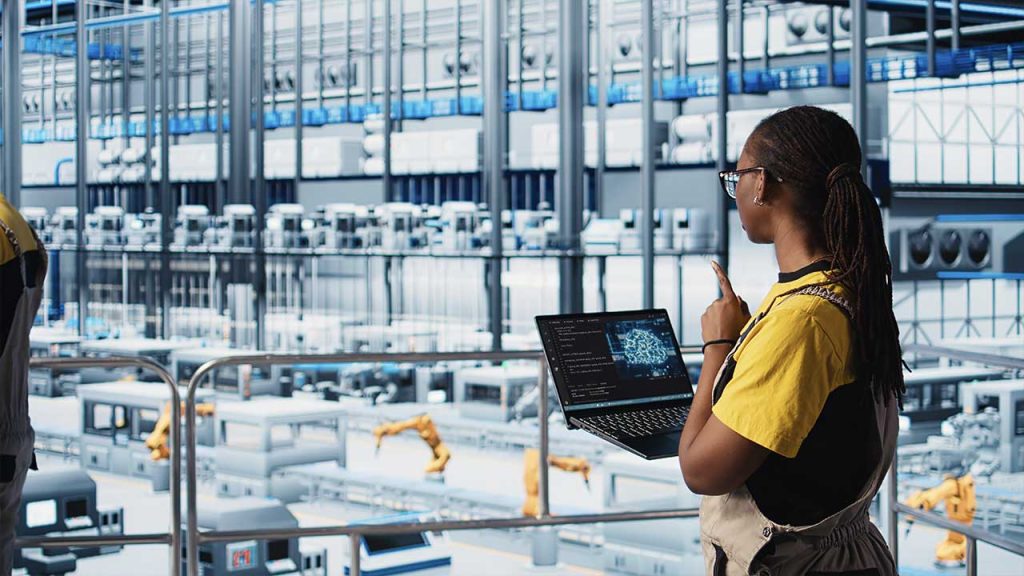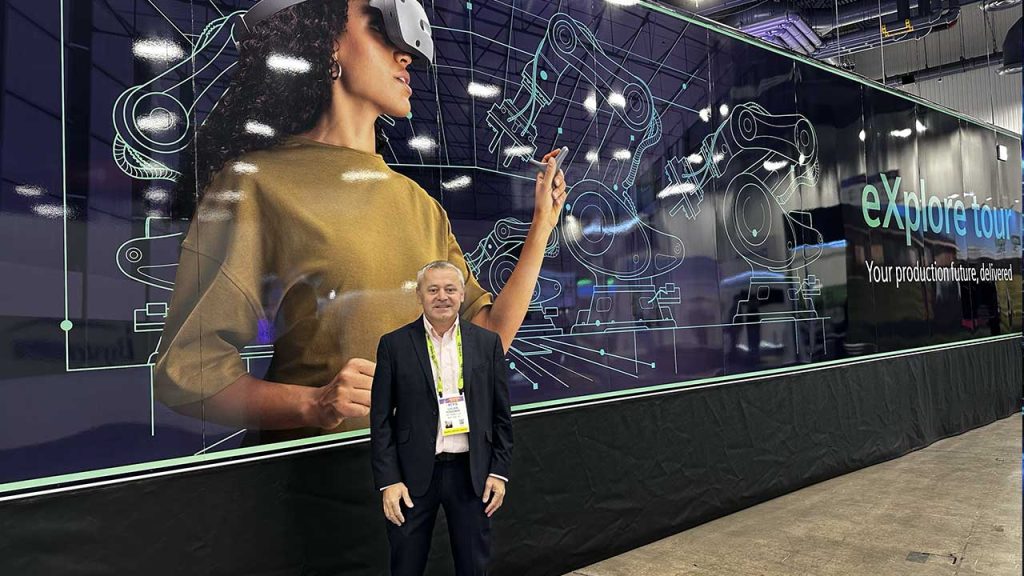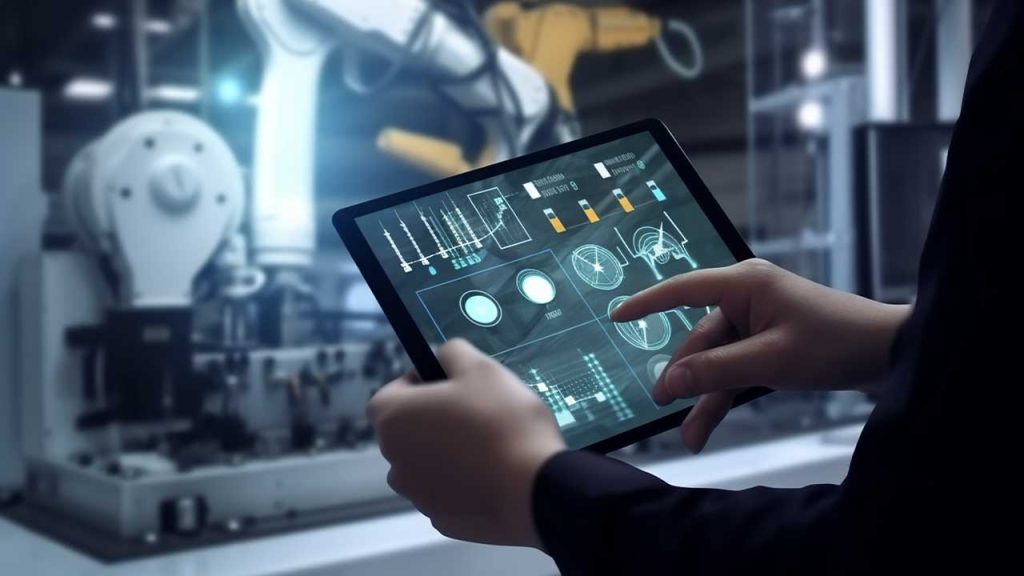
Real-Time Data Plumbing: The Hidden Cost of Scaling Predictive Analytics
When manufacturers discuss predictive analytics, the focus often jumps straight to machine learning models or AI. But as the panel “Predict, Prevent, Optimize: Real Results from Augmented Industrial Data” made clear, the biggest challenge isn’t the math—it’s…
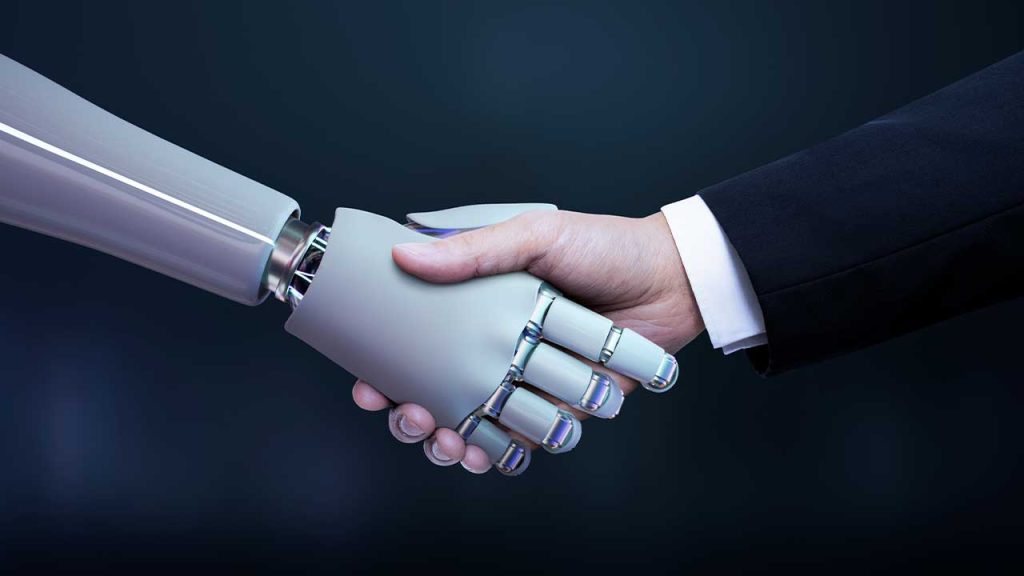
Trust, Security, and Human Factors in Agentic AI
Autonomous AI on the factory floor is not just a technical challenge — it’s a human one. Operators want to know they can trust the system. Executives need accountability. Security teams demand resilience. At the “Agentic AI…

Inside Tata Steel’s Reliability Mindset: What Really Drives Uptime
Walk into any plant, and within minutes, you can tell if reliability runs deep or if it’s just a slogan on the wall. You don’t need a report to see it—you can feel it.As Amit Khanna, VP…

Prescriptive AI That Respects Reality: Recommendations You Can Actually Execute
Midnight on a production line isn’t the time for a generic alert. When a critical asset starts drifting, teams don’t want a chatbot—they need a specific diagnosis and a plan they can run safely, with the…

Agentic AI Isn’t a Product – It’s an Integrated Business Strategy
Everyone’s talking about AI. From pilot projects and co-pilots to promising dashboards, artificial intelligence is cropping up left and right in manufacturing. What’s rare, however, are wide-scale implementations that deliver measurable results on the factory floor.…

Factory Expertise, Now Scaled by AI
Every factory depends on expertise — the intuition of a technician who can hear when a nozzle is misaligned, or the experience of an engineer who can trace yield loss back to a single feeder. But…
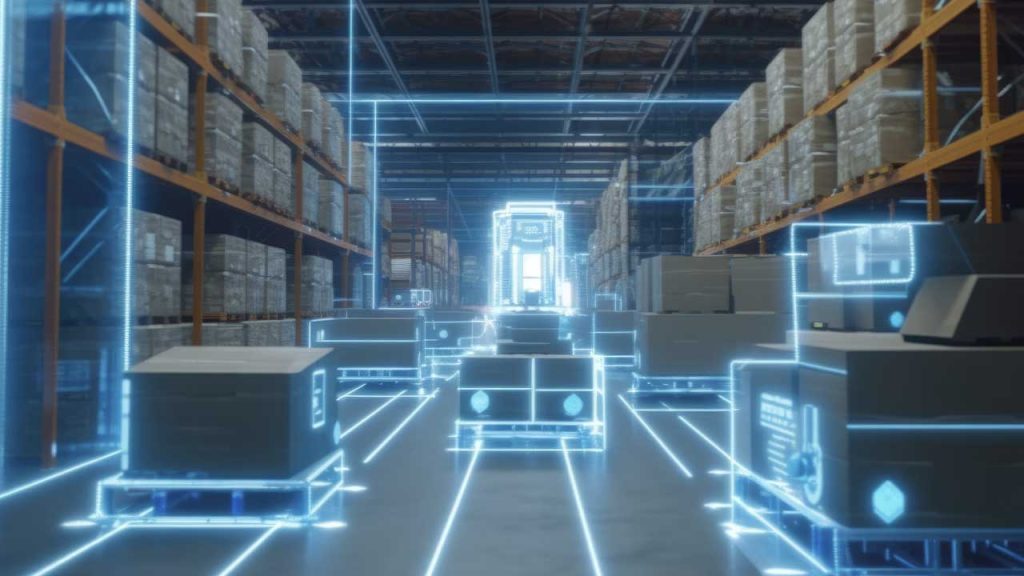
From APIs to Digital Twins: Warehouse Integration Strategies for Smarter Supply Chains
The landscape of warehousing and supply chains is changing rapidly. Modern manufacturers, distributors, and energy companies face rising customer expectations for speed and transparency; for example, over 90% of U.S. consumers now expect 2–3 day delivery…

How Oil & Gas Operators Are Enabling Remote-First, Low-Touch Operations
A Practical Shift Toward Remote OperationsOil and gas operators are increasingly transitioning to remote-first infrastructures. With mature IIoT platforms, edge AI, and automation, facilities are now being managed with minimal on-site personnel—especially offshore. This isn’t a…
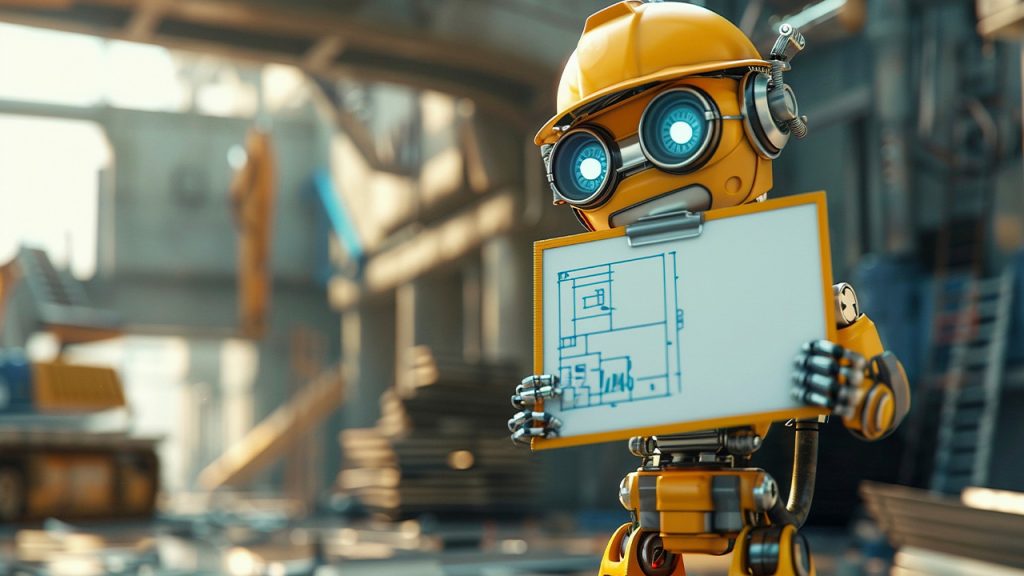
The AI Gap: Can Manufacturing Keep Up With the Pace of Innovation?
AI is moving faster than most industries can digest. According to data cited during a recent IIoT World session, AI capability is now doubling every 3.5 months—a 100x improvement in a single year. That’s not evolution; that’s…

8 steps manufacturers can take to digital transformation
The thought of digitalization can be overwhelming. When we first started talking about IIoT or digitalization about a decade ago, the concepts were prescribed as an all-encompassing, top-down approach taking the industrial world from Industry 3.0…

